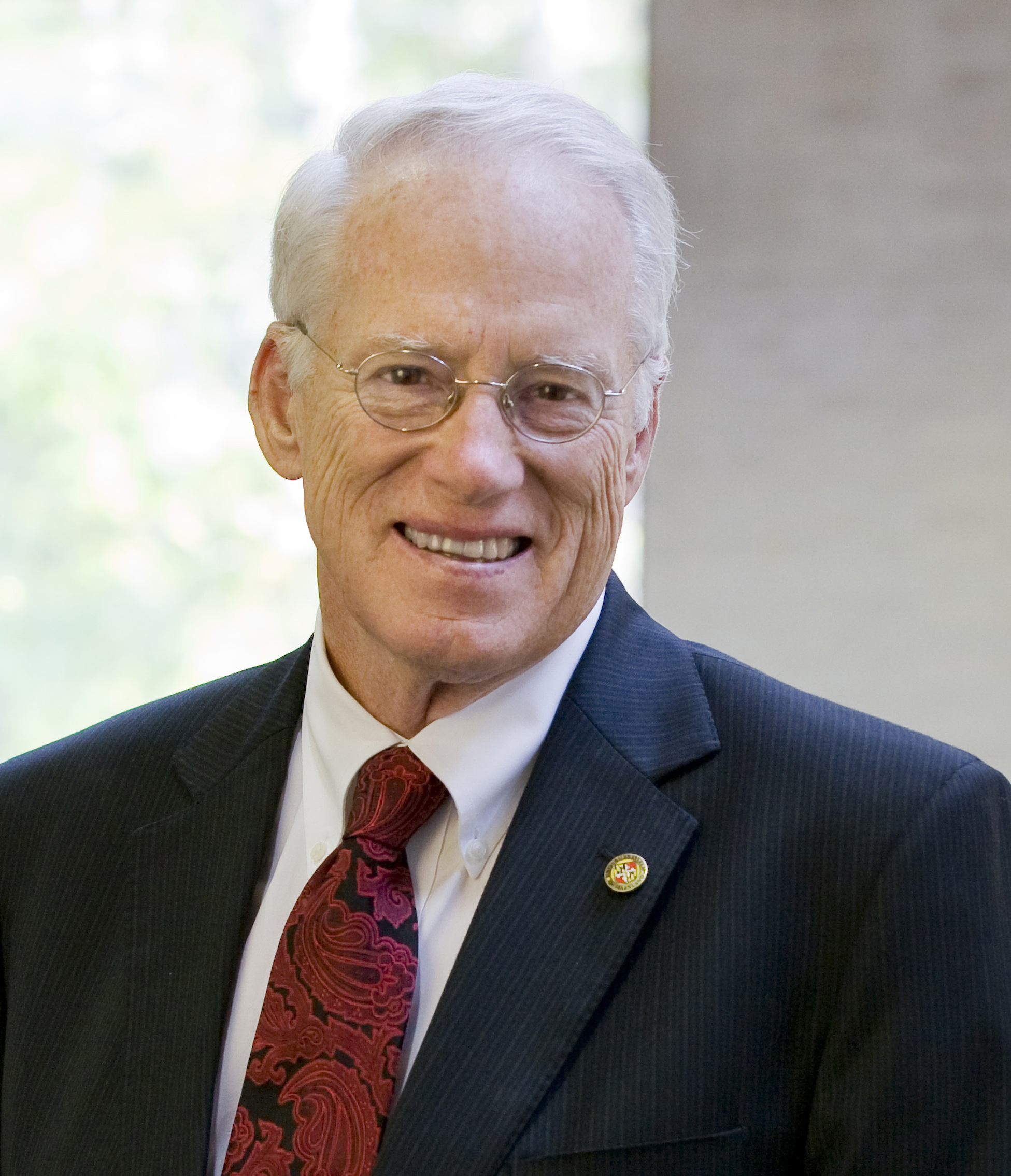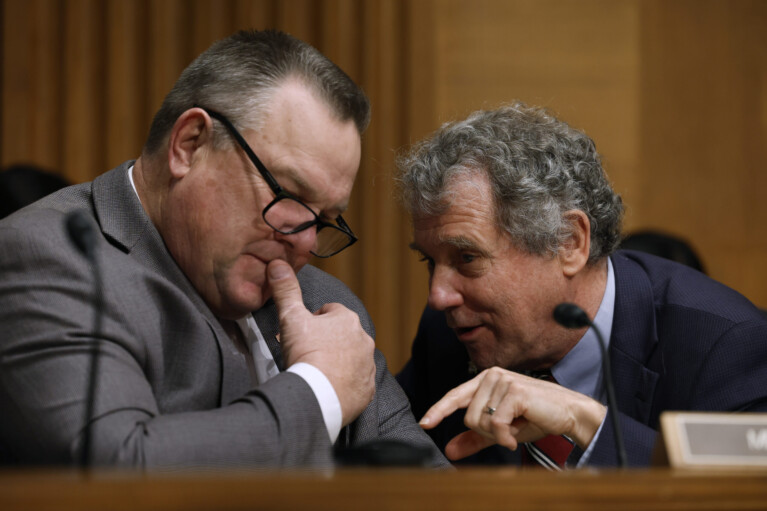Funding Realities Hit Kirwan Commission. Hard.

The work of the Commission for Innovation and Excellence in Education, or Kirwan Commission, will continue into 2019 after legislative leaders said it had become “virtually impossible” for the panel to settle one of its chief tasks – rewriting the state’s education funding formulas – in time for consideration at the upcoming General Assembly session.
Around 4 p.m. Wednesday, at the last meeting of the commission before the start of the legislative session, a letter was delivered to members from Senate President Thomas V. Mike Miller Jr. (D-Calvert) and House Speaker Michael E. Busch (D-Anne Arundel) which said the commission should extend its work for one more year.
The lawmakers laid blame partially at the feet of Gov. Lawrence J. Hogan Jr. (R) who announced a five-year proposal for $1.6 billion in new school construction funding that would pull money from the Education Trust Fund, the same pot of money the Kirwan Commission is eyeing for its funding schemes. The commission’s recommendations come with a preliminary cost estimate of $3.8 billion, an estimate that was trimmed by more than a half-million dollars during Wednesday’s meeting.
Asked about the dueling needs at a news conference last week, Hogan said he was moving forward with his school construction plan and noted that the Kirwan Commission had yet to issue a formal report.
“With the recent public statements from the Chief Executive on the Commission’s work, it appears that we have more work to do to convince the Governor that these generational changes are worth undertaking,” Busch and Miller wrote. “Given the breadth of the Commission’s charge and the rigor and thoroughness with which the Commission has addressed its charge, we understand that it is virtually impossible for the formulas to be completed in time for action during the 2019 Legislative Session.”
In the letter, the presiding officers guided the commission to continue work on a final product focusing on its policy recommendations, which include sweeping changes to early childhood education, career and technology programs and increased teacher salaries.
Panel members were visibly disappointed after receiving the letter. What would a delay in deciding the formula funding mean? How would the state and counties move forward with policy recommendations if funding changes hadn’t been settled? What, some commission members asked, had been the point of meeting for the past two years? Should the commission have spent so much time on fine-tuned policy recommendations only to postpone work on the necessary funding?
“Hindsight is 20/20,” said Sen. Paul G. Pinsky (D-Prince George’s).
Lawmakers on the Kirwan Commission spoke in turns, explaining new financial realities that have cropped up over the past few weeks that the commission’s recommendations would be up against. The Spending Affordability Committee – which has traditionally set the ceiling for spending in the governor’s proposed budgets – concluded Tuesday that the state budget could increase by a maximum $1.19 billion next year.
The governor announced his desire to fuel school construction, which was the focus of another statewide commission which concluded funding was entirely inadequate. And last week, The Daily Record reported that the pot of money at the center of it all, the Education Trust Fund, could see declining revenues after the Maryland Lottery and Gaming Commission approved a reduction in state taxes paid by three casinos doing business in the state.
House Appropriations Chairwoman Maggie L. McIntosh (D-Baltimore City) reminded the commission that Maryland’s governor has the greatest budgetary power in the country, and while the Democratic lawmakers who sponsored the lockbox amendment didn’t envision so much being dedicated to school construction, the governor had announced his intentions.
Hogan’s office pushed back against the notion that he was trying to undermine the commission’s work in any way. The constitutional amendment specifically allowed for a portion of the revenue to go to school construction, and the governor had said he was looking forward to reviewing the commission’s work, even if lamenting the slow pace of progress on a final report.
“The governor has consistently said that he looks forward to reviewing the Kirwan Commission’s final recommendations, which will apparently be further delayed,” spokeswoman Amelia Chasse said. ”…It’s disappointing that the presiding officers are engaging in a blame game that flies in the face of the facts to cover for their legislative committee failing to get the job done.”
Chasse also noted that the governor has increased education funding each year in office and supported the commission’s work as “a once in a generation opportunity to get this right” in a letter to Miller and Busch last month.
Back in the committee room, once the frustrations over the delay were vented, commission members set about finding ways to salvage their timeline for implementation of reforms. The commission decided to include in its final report two new financial recommendations in the absence of a complete recommendation on funding formulas.
The commission will ask for $325 million in additional funding for the next fiscal year to begin implementation of eight recommendations, including grants to fund additional staff in schools with high concentrations of poverty, additional special education funding, expanded funding for pre-kindergarten and increases in teacher salaries.
The commission also voted to ask the General Assembly to mandate a minimum amount of funding for its recommendations, $750 million, for the 2021 fiscal year. With the money set aside, the commission would recommend a funding formula for lawmakers before the start of the 2020 General Assembly session, which would establish the funding proportions for the state and local governments.
Despite the failure to propose new funding formulas, Sen. Richard S. Madaleno Jr., the outgoing vice chairman of the Senate Budget and Taxation Committee and new Montgomery County budget officer, noted that the state would still see substantial increases in education funding next year. The General Assembly set aside $200 million last year for the commission’s initial work and automatic funding escalations will drive education spending another $370 million or so.
“It may not be enough. … But the amount of money that we’re spending on special ed students will increase. The amount of money that we’re spending on English language learners will increase. All of that will go up this year,” he said.
The commission continued to work for another three hours after receiving the letter from the presiding officers. Members will meet again on Jan. 18 to finalize a report.
The Maryland State Education Association, which has pressed for the lockbox funding and the commission’s work, expressed disappointment in a statement in response to Wednesday’s developments.
“Educators are extremely disappointed with any further delay to end the underfunding of our schools,” said Sean Johnson, the organization’s legislative director. “Our students move up grade levels every year and can’t keep waiting. Marylanders expect real action and we will push for faster implementation until all our kids have the schools they deserve.”
Commission Chairman William E. “Brit” Kirwan noted after the meeting that the letter from presiding officers suggested it would be difficult for the Legislature to consider both the broad policy recommendations and financial recommendations at the same legislative session. He expressed optimism about a new plan to have a smaller work group hash out details on the funding formulas over the next year, with the full commission expected to debate the recommendations and vote in the fall of 2019.
“Nobody has backed away from our commitment,” Kirwan said.




 Creative Commons Attribution
Creative Commons Attribution